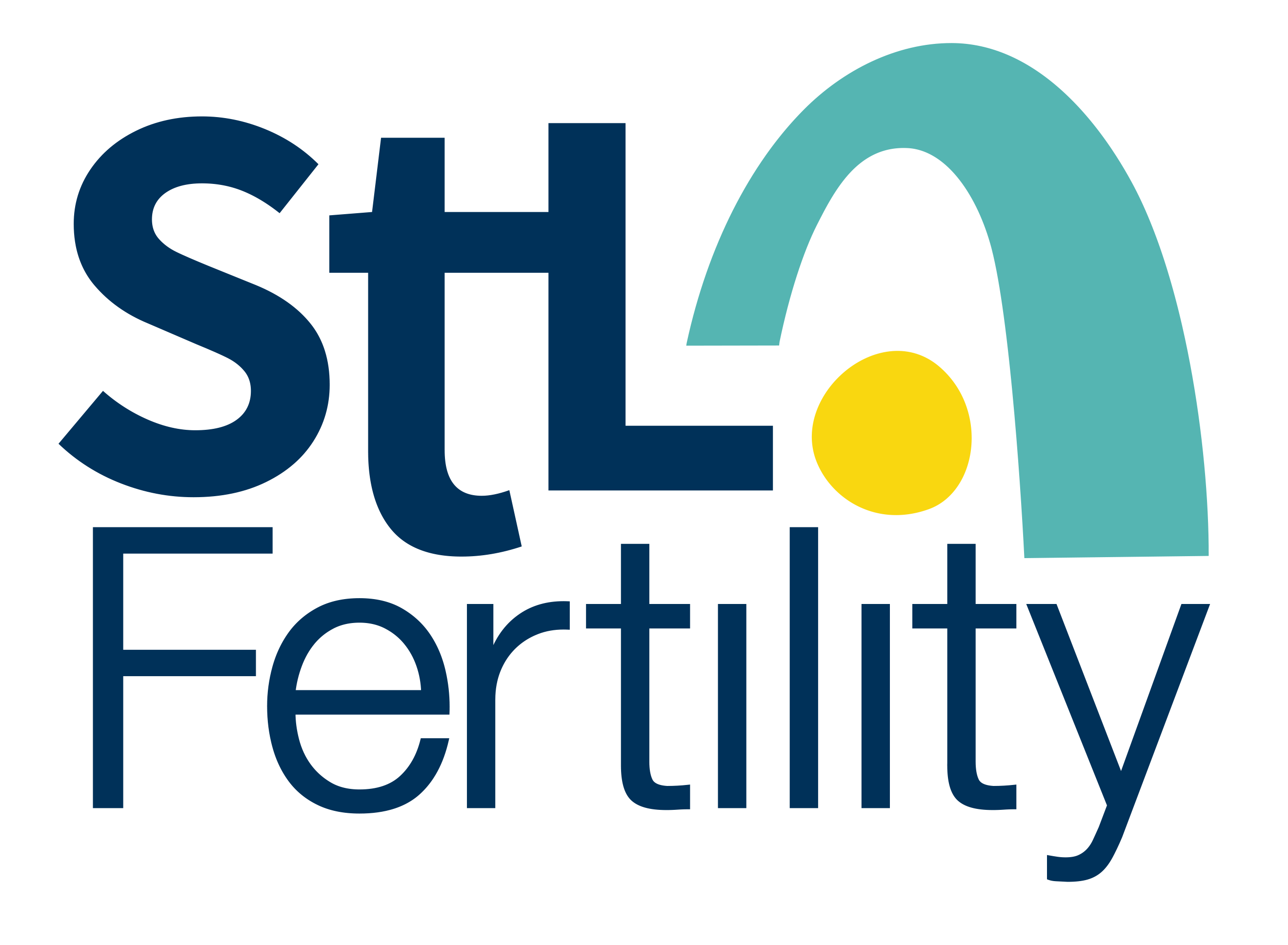Not getting enough quality shut-eye? If so, your fertility could suffer. Sleep affects everyone’s mood, health, and hormones. The fertility specialists at SIRM St. Louis discuss how sleep affects fertility and how to get quality rest in order to conceive faster.
Sleep regulates a woman’s hormones, specifically Leptin, progesterone, estrogen, luteinizing hormone (LH) and follicle stimulating hormone (FSH), which can affect ovulation. Eight hours of quality sleep can improve your chances of getting pregnant, any less than that and your menstrual cycle could be disrupted.
When you are already stressed about not being able to conceive, it’s hard to get enough sleep, but sleep deprivation and stress will make it even harder to get pregnant. When we are overly stressed, our cortisol levels increase, which in turn affect our sleep and the ability to rest and relax. If stress is causing your sleepless nights, find ways to de-stress such as yoga, acupuncture, or a bath.
You may also want to stop napping if this is part of your normal routine. If you get too much sleep in the daytime, it can disrupt your sleep cycle at night. Exercising can also help you sleep better at night, as long as you don’t do it too close to bed time. Finally, if nothing else works, it may be time to ditch coffee, alcohol, and other sources of caffeine such as certain chocolates and teas.
We encourage both men and woman to get into a sleep rhythm that allows them to get quality rest each night. If you are still unable to conceive after six months to a year, schedule an appointment with a fertility doctor at SIRM St. Louis.
